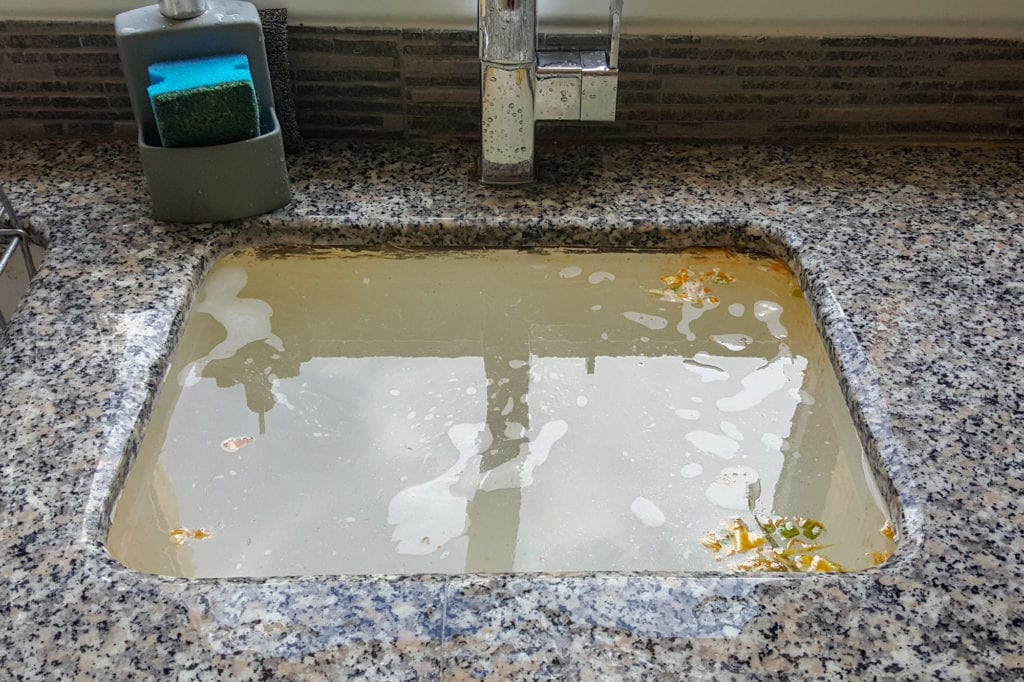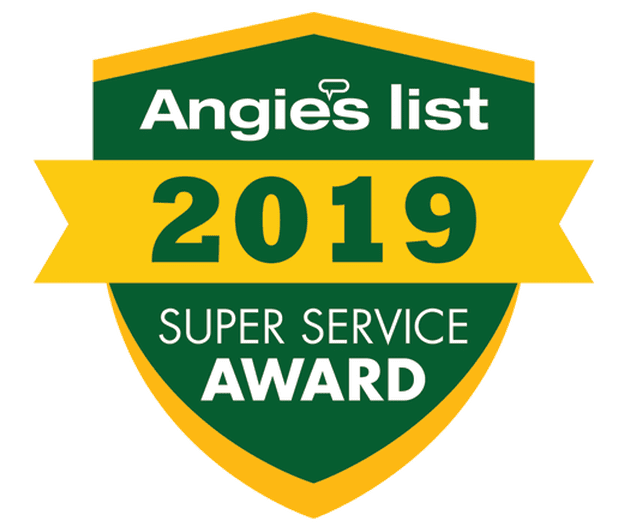Taking care of your home’s drains isn’t too hard if you follow some basic best practices. When you fail to do the little things right with your drains, big and costly problems can result. If the idea of raw sewage seeping into your home or cracked and leaking pipes beneath your home sounds bad, read on. There are some easy-to-do proactive measures you can take to avoid clogged drains and damaged pipes.
The Basics on Clogged Drains
The majority of clogged drains and pipes get clogged the same way. It’s usually a result of items that don’t belong in the drain, finding their way into the drain one way or another. The things that never should go down your drain include:
- Grease – Never pour or flush grease down your drain. Eventually, the grease will cool and create a hardened barrier that will not allow water to flow through your drain system freely. The more grease that finds its way down your drain, the more troublesome your clog will become.
- Tampons / Sanitary Napkins– It’s never okay to flush a tampon or sanitary napkin down your toilet. These items are notorious for causing clogs in piping and are not engineered to breakdown like toilet paper within your plumbing.
- “Flushable” Wipes – Although the name makes it seem like it’s okay, never flush flushable wipes down your toilet. Even if they’re advertised as septic safe, they have a bad track record of clogging toilets and pipes.
Signs You Have a Clogged Drain
Sometimes a clogged drain is not always obvious, but there are some indications you have a problem. Taking care of it early can save a lot of time, money, and clean up. The following are signs that you have a clogged drain you need to deal with:
- Bad Smell – A foul smell can be a sign of a clogged drain. When debris becomes trapped in your pipes, your water sits in your drain, and creates a bad odor.
- Gurgling Sound – When water is trying to work its way around a clog, a gurgling sound can often be heard. If you hear a gurgling sound, it’s best to schedule a drain cleaning as soon as possible.
- Sewage Backup – If you flush your toilet and the water begins to rise or see water backing up into your bathtub, you have a clog somewhere in your line. Immediately shut off your water to avoid overflowing sewage water getting on your floors. If you can’t get the clog out with a plunger, you’ll need to hire a plumber to snake the line with specialized equipment.
- Slow Drain – If you see standing water in your sinks or bathtubs, this is a clear sign you have a clog in your drain. Often this can be remedied with a manual drain cleaning by yourself or a professional.
Need Help With a Clogged Drain?
Top of the Line Plumbing provides plumbing services to Duval County, St. Johns County, Atlantic Beach, Jacksonville Beach, Ponte Vedra Beach, and the surrounding areas. There isn’t a plumbing job too big or too small for our team to handle. From repairs and repiping to hydro jetting and water filtration, Top of the Line has the experts to get the job done.
904-647-1221





